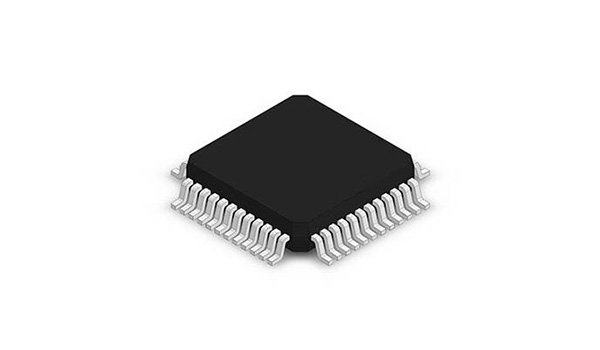

 News
News Knowledge Column
Knowledge ColumnA microcontroller is an integrated circuit that integrates functions such as a microprocessor, memory, and input/output interfaces onto a single chip. Due to its small size, low cost, low power consumption, and ease of programming, microcontrollers play an important role in modern electronic technology and are widely used in various fields. This article will explore the main application areas and future development directions of microcontrollers.

The microcontroller should mainly focus on the following aspects:
1. Household appliances
In recent years, the trend towards intelligence in household appliances has become increasingly evident, with microcontrollers as the core controller widely used in smart home devices. For example, household appliances such as refrigerators, washing machines, and microwave ovens all use microcontrollers to achieve functions such as timing, temperature control, and fault detection. At the same time, in smart home systems, microcontrollers can achieve linkage between devices and connect to mobile apps through Wi Fi or Bluetooth, making it convenient for users to remotely control and manage.
2. Automotive Electronics
The application of microcontrollers in the field of automotive electronics is also constantly expanding. From simple car light control to complex vehicle dynamic control systems, microcontrollers play an indispensable role. For example, the engine control unit (ECU) uses a microcontroller for precise control of fuel injection and ignition timing, improving fuel economy and emission control. In addition, in car entertainment systems, navigation systems, and autonomous driving technology also rely on the efficient computing and control capabilities of microcontrollers.
3. Medical equIPMent
The application of microcontrollers in medical equipment is increasing day by day. From simple thermometers to complex monitors, microcontrollers are responsible for data acquisition, processing, and feedback functions. Its high stability and reliability enable medical equipment to provide accurate data at critical moments, ensuring the safety and health of patients. For example, in devices such as heart rate monitors and blood glucose meters, microcontrollers can process sensor data in real-time and provide real-time monitoring.
4. Industrial automation
In the field of industrial automation, microcontrollers are widely used in control systems. Through real-time monitoring and data collection of machines, microcontrollers can help enterprises achieve automation of production processes, improve production efficiency and product quality. For example, a microcontroller is often embedded in a PLC (Programmable Logic Controller) to control equipment such as conveyor belts and robot arms. At the same time, microcontrollers also play an important role in fields such as environmental monitoring and intelligent warehousing.
5. Communication equipment
The application of microcontrollers in the field of communication cannot be ignored. With the rapid development of the Internet of Things (IoT), microcontrollers have played an important role in wireless communication, data transmission, and other aspects. Many smart sensors and smart gateways rely on microcontrollers to collect and transmit data. By combining with various communication protocols, microcontrollers enable devices to flexibly integrate into larger network environments.
6. Education and Research and Development
With the development of electronic technology, the application of microcontrollers in education and research and development fields is becoming increasingly popular. Universities and vocational training institutions cultivate students' hands-on ability and innovative consciousness through microcontroller courses. Many students use microcontrollers for scientific research projects and create their own electronic works, thereby stimulating their creativity and practical abilities.
Future Development Prospects
With the continuous advancement of technology, the future development prospects of microcontrollers are very broad. Firstly, with the rapid development of 5G, artificial intelligence, and the Internet of Things, the computing power and functionality of microcontrollers will continue to enhance, making them more suitable for complex application scenarios. Secondly, low-power and high-performance microcontrollers will become the mainstream in the market, driving further development in fields such as smart homes and intelligent transportation. In addition, the development environment for microcontrollers will become increasingly friendly, with more open source platforms and development tools emerging, lowering the development threshold and attracting more developers to participate.
Conclusion
As an important component of modern electronic technology, the wide range of applications and profound impact of microcontrollers cannot be underestimated. From household appliances to automotive electronics, from medical equipment to industrial automation, microcontrollers play an important role in various fields. With the continuous advancement of technology and the increasing demand for applications, the future of microcontrollers will be brighter and worth looking forward to.
Fushite Technology focuses on the field of power devices, providing customers with power devices such as IGBT and IPM modules, as well as MCU and touch chips. It is an electronic component supplier and solution provider with core technology.